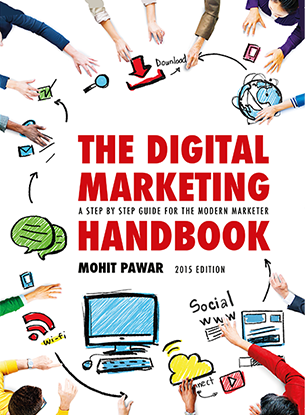First ask yourself if you are ready for it.
I wrote earlier that to write a good book you need a strong reason to start and finish writing a book, and you should have something to say.
If those two, a reason and thoughts worth sharing, are there then you should write a book.
Even when these two are there, you need a proven process to finish working on your book.
This process is based on my work with my book coaching clients. I have refined it based on my interactions with them, and also based on what I know about human motivation when it comes to finishing big projects.
What you are reading is a modified version of an action plan for a first time author, she and I started working together on her book this month. And, she is already about 15% done.
This plan aims to minimize the pain and optimize the value you get out of your time.
Here is an overview of the three stage process that I shared with and that I use now when working with my clients.
- Stage 1: Get ideas out of head and organize
- Stage 2: Edit, rewrite, and organizate
- Stage 3: Finish final edits
All these stages take almost the same energy.
Here is a suggested timeline for each stage.
| Stage | Timeline | Action | Energy for each action |
| 1 | 100-180 days | Write | Organize | 90 | 10 |
| 2 | 60-90 days | Read+Delete | Write New | Edit | Organize | 20 | 25 | 45 | 10 |
| 3 | 60-90 days | Final Edits | Organize | 90 | 10 |
Break stage 1 in 4 milestones.
25% done. 50%, 75% and 100% done.
Review at each milestone, to make sure that you are writing on topics that serve the book.
Somewhere between milestone 1 and 2 build an outline. This does not need to resemble your final chapter list. It will be more like a map to help you navigate your writing as words continue to pile.
During stage 1, you mostly write and organize. Don’t worry about editing yet. If there is still time, after meeting the daily writing average (which I’ll write about a little later), then do some light weekly editing. Don’t do it as you write. Set aside some time for it once a week.
My advice is for nonfiction writing, where 50,000 words are good to write an in-depth book for most topics.
To come to your average word count per day, divide the total target word count by the number of days you plan to devote to it.
A word about how many days it takes to write the first draft of a 50,000 word book. If you want to take it easy, keep aside about 8 months. To do it fast, aim for 180-200 days (that’s 6 months). Keep aside 100 days, if you want to do it faster. Any less than that you’ll not enjoy the process, and you will find it tough.
To make it even easier for you, you can set a target of 40,000 words for stage1. And if you hit that target 2-3 weeks ahead of your scheduled completion date, then add 10,000 words to your target.
So, if you choose to go 30-40k words in 100 days, then you get a 300-400 words daily average word count.
The important thing to remember – be kind to yourself and enjoy the process. My friend Derek Sivers has said it well.
Write Your Book Like You Are Playing a Game
Imagine your book is your million dollar project.
Every time you write a draft, and meet your daily average word count, relate it to the sound of
ka-ching:)
So, if you did 10,000 words in a 50,000 word book, it means that you already got a quarter million dollars. Now your proverbial jar or the big money bag is full that much. And, there is hope that every few days more money will come into it.
To keep track of your progress, you can use this simplified version of my book progress tracker.
Make a copy of this tracking spreadsheet and add your title, complete and target word count there. When you start adding your daily word count, it’ll automatically update the total word count towards the end.
In the tracker you’ll see 4 scenarios – base, good, great, and outlier.
Every day aims to do base level. On days where you think you have more to say, go on and see if you can go to good and great.
Keep one day in the week as writing day and see if you can reach the outlier count. Keep your most distraction-free day of the week for this.
This plan is not etched in stone and for your reference only 🙂 feel free to tweak the way it works for you 🙂
I hope you finish writing your book soon.
If you meet my ideal client profile 🙂 then we can discuss working together. I am happy to hear from you.


